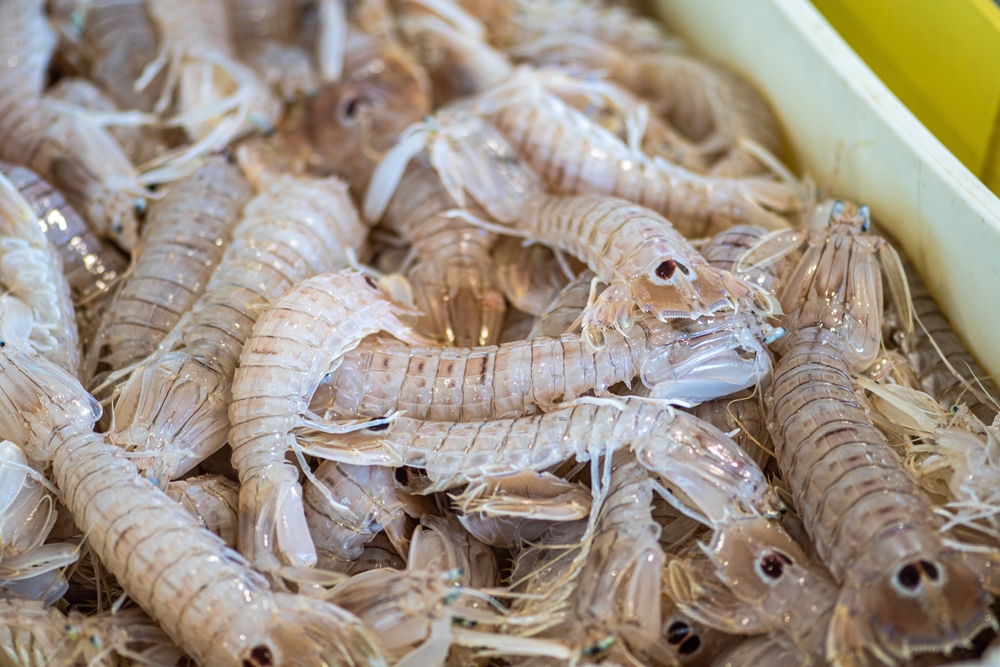These creatures can “punch” with such force that they can shatter aquarium glass.
Others are reading now
Invasive species have long posed significant threats to ecosystems worldwide.
These foreign organisms disrupt native habitats, outcompete local species for resources, and often bring unintended consequences to biodiversity.
From zebra mussels clogging waterways in North America to cane toads overwhelming Australian ecosystems, the impact of these unwelcome guests is often devastating.
Now, New Zealand faces a new threat lurking in its waters — the aggressive Japanese mantis shrimp, nicknamed the “thumb splitter.”
Also read
A Startling Discovery
Researchers in Tauranga Harbour were recently trapping Asian paddle crabs, another invasive species, when they made an unexpected catch, according to SCMP.
To their shock, they found a Japanese mantis shrimp, marking the first recorded sighting of the species in the Bay of Plenty region.
“It’s not something to celebrate,” officials from the Toi Moana Bay of Plenty Regional Council said in a statement.
While this is the only mantis shrimp formally identified, officials have received multiple public reports of similar sightings, sparking concern over how widespread the species might be.
Why the “Thumb Splitter” Is a Concern
Known for their aggression, Japanese mantis shrimp have earned their ominous nickname for a reason.
These creatures can “punch” with such force that they can shatter aquarium glass.
They also disrupt native habitats by digging burrows and compete with local marine species for food and space.
First reported in New Zealand’s Kaipara Harbour in 2010, the Japanese mantis shrimp is recognizable by thin maroon lines running along its body and a blue-and-yellow tail fan.
This species can easily be mistaken for a similar native shrimp, complicating monitoring efforts.
Experts are now working on a response plan.
“We’re using public reports to understand the scale of this issue,” said officials. The species’ ability to adapt and thrive makes swift action critical.


